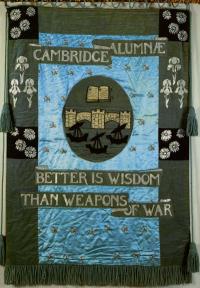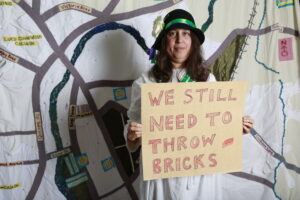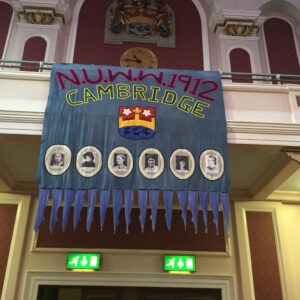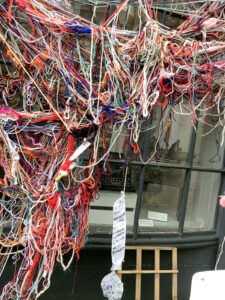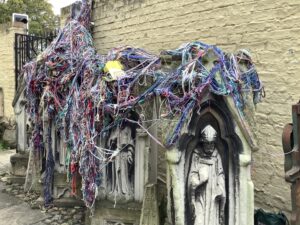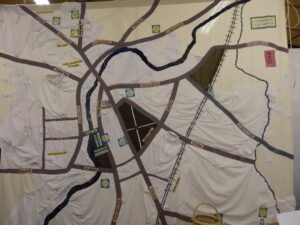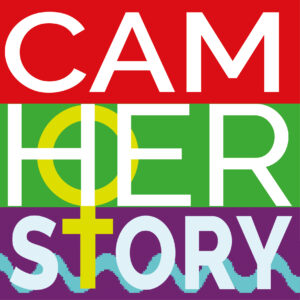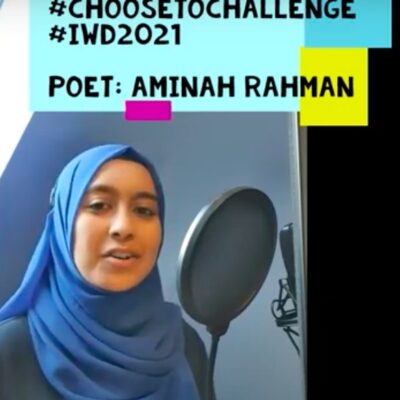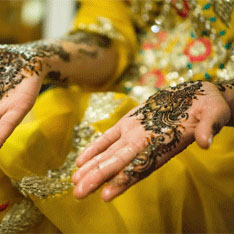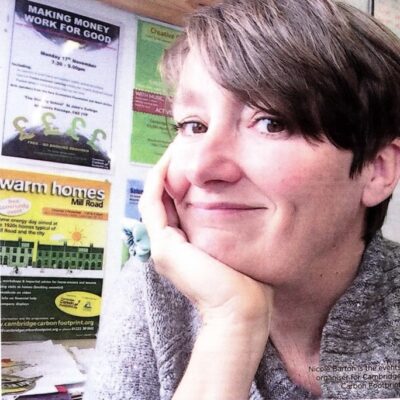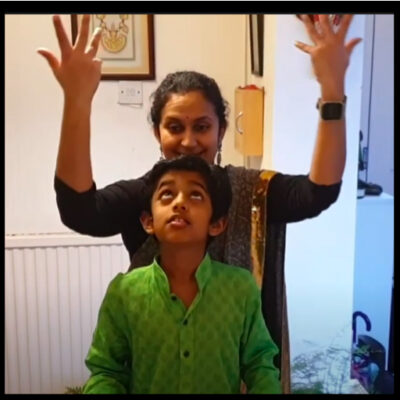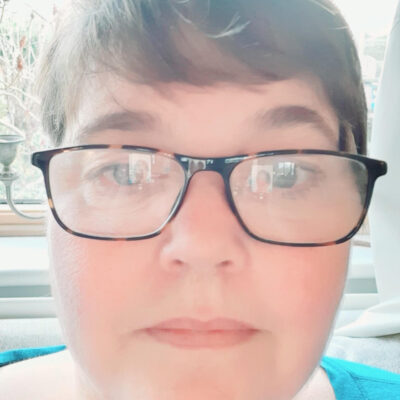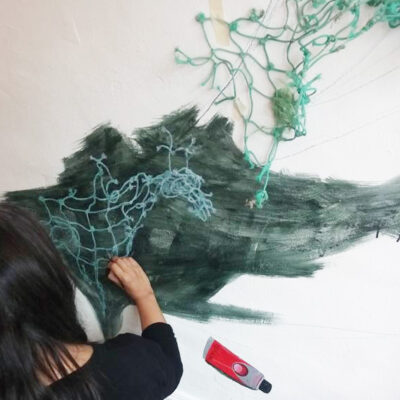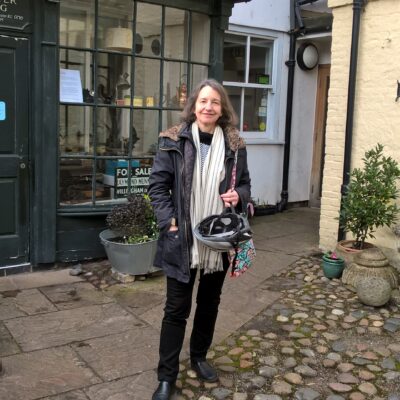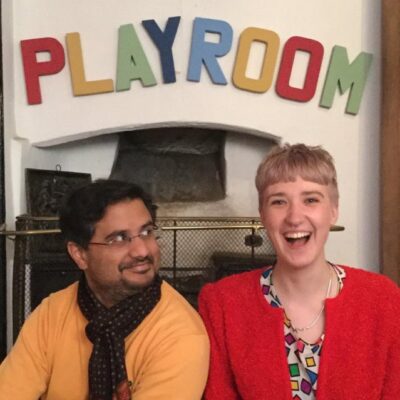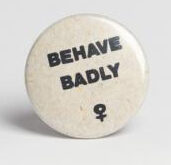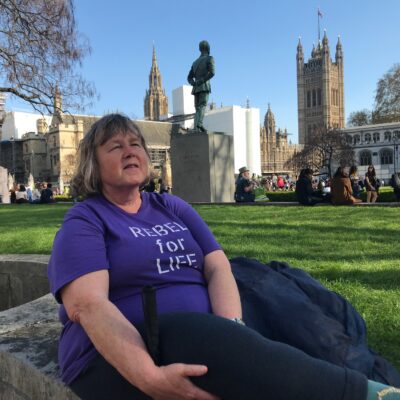Search by topic
- archaeology
- Building of Local Interest
- chapel
- charity
- church
- crime
- dressmaker
- fire
- Great Eastern Railway
- Listed building
- Mapping Relief
- medieval
- oral history
- poverty
- Public House
- Religious House
- Roman
- scholar
- school
- Then and Now
- tudor
- women
- work
- world war one
- world war two
Search by text
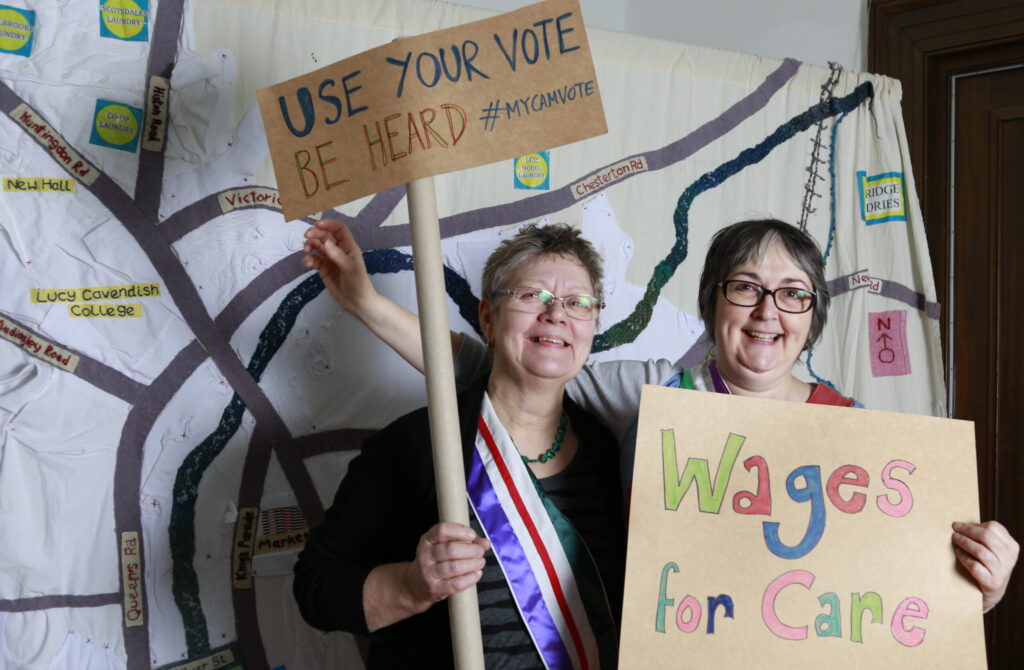
Sew Angry
Corrupted cross-stitch, subversive sewing and effluent embroidery
By Cathy Dunbar
We are a group of Women Artists and Activists and Feminists, who use textiles as our main medium of expression. Domestic stitching, sewing, embroidery mending and making has most often been
done by women often in groups and around kitchen tables, men in the past have often claimed the design elements are the important bits, but that’s a whole other story and this needles us just a little!
Sew Angry had been stitching around Cambridge prior to 2018, but as the instigator Jane Hellings said, ‘I was the only angry one there, everyone else was doing their mending’. So we re-grouped and became Sew Angry again in 2018. We made banners for the celebration of 100 years since some women got the vote, taking up the Suffragettes baton, the group created: The Tree banner,
‘Strength in Numbers’ and ‘ Cambridge women call to Action’ and encouraged a whole lot of banner making by other groups and individuals in Cambridge.
We have been commissioned but the Cambridge Labour Party Women’s form and the Ethnic Minority forum to make banners for them. Most recently we have made banners for ‘Movement against Racism’ and ‘End the Caste system in India’ group. Right now some of us are working on the 999 For The NHS quilt – Threads of Survival – part of a national group making quilts about the NHS and the danger it is in which we hope will be touring around the country in 2021/22.
Not only are banners useful in that they galvanise the movement and call people to action, they are also living art often being added to over time as does Jannie Brightman’s ‘No Justice no Peace’, which sadly still has prominence centre and front. We work as a group and as individuals with others such as Corona House, Kettles Yard, CWRC and The Museum of Cambridge to name a few.
Prior to joining with Sew angry I was involved with the Freudian slips performance group 1994–present, a safe space for women to create; we made many backdrops and banners which served to illustrate our performances and explorations and the Web started in 1995 at an International Women’s day Cabaret performed by the Slips in 1995, its threads and tangles have continued through our lives, and appeared in all sorts of places and will form parts of Jill Eastland’s Umbilical cord – an art work going to, hopefully, the UN Climate Change Conference COP 26 in Glasgow this year.
Celebrating the courage and resilience of the women of Cambridge
Cambridge Herstory is an archive and resource of Cambridge Women’s Heritage, celebrating the courage and resilience of the women of Cambridge.
The archive celebrates the contributions of women who have lived, worked and studied in Cambridge throughout the ages: from stories of women in history who changed the city for the better, and often contributed nationally to stories of women currently living in Cambridge who make massive contributions to improve the lives of their friends, family, neighbours, colleagues, community members and our city every single day.
Projects
Contribute
Do you have any information about the people or places in this article? If so, then please let us know using the Contact page or by emailing capturingcambridge@
Licence
This work is licensed under CC BY-NC-SA 4.0






